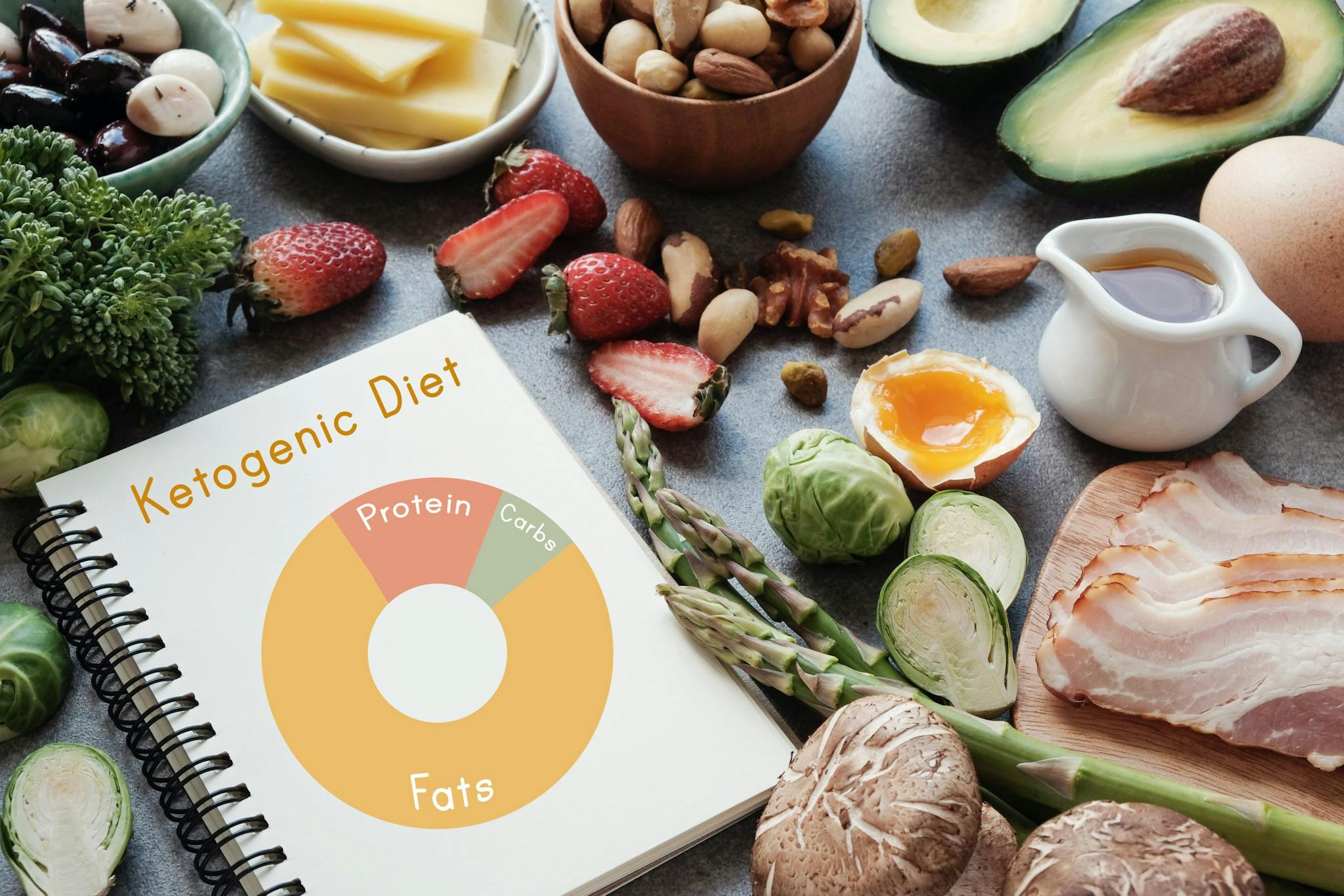
April 9, 2024
The Health Benefits of Stress Management
- Behavioral Health
April 15, 2016 | Weight Management

We live in a time when obesity and weight issues are on the rise. A study completed in 2012 stated that 51% of the American population is projected to be obese by the year 2030. Our weight is correlated with what we eat, and the kind of nutritional habits we have developed over our lifetimes. For example, many of us multitask while we eat.
This may seem like a beneficial practice when we have things that need to be taken care of during the day, however, distracted eating can cause us to get into unhealthy eating patterns and lead to overeating. So how do we get out of these potential unhealthy eating patterns? Evelyn Tribole, MS, RD defines a pathway out of distracted eating through her research and literature on Mindful Eating.
Tribole compares distracted eating, or mindless eating, to a person that drives mindlessly in the sense that it is very easy to arrive at a destination after driving, and yet have no recollection of the journey. Just as we can get into a state of autopilot with driving, we can switch into autopilot when we are eating.
Our weight is correlated with what we eat, and the kind of nutritional habits we have developed over our lifetimes.
If we assume autopilot while eating, we become unaware not only of how much we’re eating, but also how the food feels in our mouths, and if the food was satisfying. Tribole shares the following results of a study found on the website for her Intuitive Eating program.
Scientists divided people into one of two groups. The distracted group ate lunch while playing a computer game of solitaire and the non-distracted group ate the same type of lunch, but without the distracting conditions.
The study’s findings showed that distraction made a significant impact on the eating experience, both qualitative and quantitative. When compared to the non-distracted group, the distracted people:
If we autopilot while eating, we become unaware of how much we’re eating, and if the food was satisfying.
The research also showed that distraction during a meal influenced meal size later in the day.
On the opposite side of the spectrum from distracted eating, is mindful eating, or practicing mindfulness while eating. Mindfulness is often associated with psychology and involves being aware of ourselves and what’s going on around us. Eating mindfully would involve practices like removing distractions from the environment around you i.e. smartphones, computers and other electronics, savoring each bite of your meal and feeling the textures of different foods while you eat. Eating mindfully can also help us to be aware of how much we’re eating, when we are actually full and if we are being prompted to eat for reasons other than hunger, like emotions.
A study published in 2014 concluded after scientific research that Mindfullness-Based Interventions (MBIs) were 86% successful in treating obesity-related eating behaviors including binge eating, emotional eating, and promote weight maintenance and weight loss goals.
Regardless of your weight, make a goal to eat more mindfully in your life. Visit us at the Weight Loss and Nutrition Center to find out more about Mindful and Intuitive Eating.
WRITTEN BY:
The Live Better Team


April 9, 2024

March 22, 2024

February 12, 2024

February 6, 2024
This information is not intended to replace the advice of a medical professional. You should always consult your doctor before making decisions about your health.